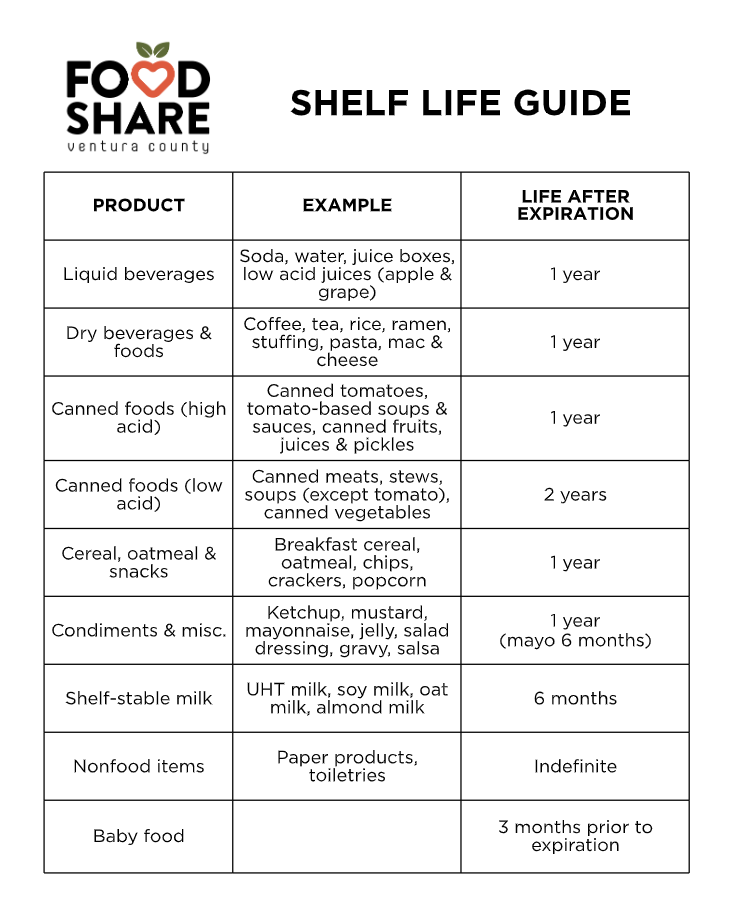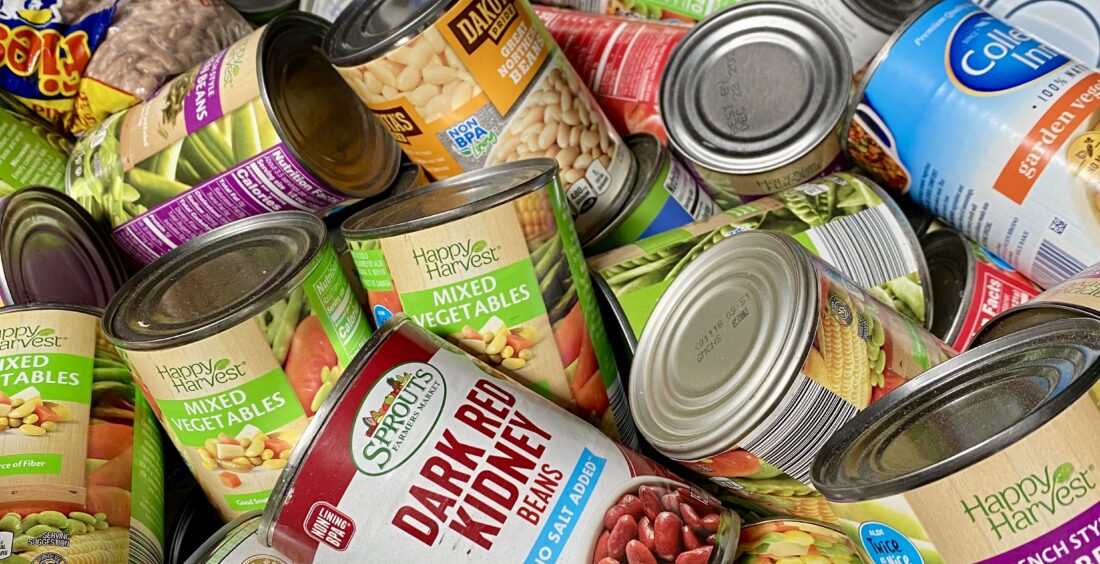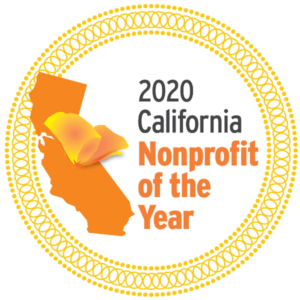Here’s a straightforward guide on what to donate and what to avoid when donating to a food drive:
What to Donate
- Nonperishable items, which means items that won’t spoil and have a long shelf life.
- Preferred items include peanut butter, canned soup, canned fruit, canned vegetables, canned stew, canned fish, canned beans, pasta (whole grain preferred), and rice (brown rice preferred).
- Specialty foods like olive oil, dressings, or marinades that don’t need refrigeration but please avoid anything in glass as it easily breaks.
- Besides food, personal hygiene products like toothpaste, soap, shampoo, and sanitary items are also highly appreciated by those in need.
What Not to Donate
- Perishable items like produce, dairy, and meat cannot be donated, as they require refrigeration.
- Expired* food, as it might be unsafe to eat.
- Leftovers or food made in personal kitchens due to safety concerns.
- Items with damaged packaging or already open containers.
- Baked goods from personal kitchens cannot be donated for safety reasons.

Expiration dates*. Is this still good to eat?Â
It’s essential to consider the quality and safety of the items you’re giving, but not everything that’s past its “use-by” or “sell-by” date is unsafe to eat. Check out the shelf life guide and, provided an item is still within the “life after expiration” range, it’s good to donate!
Additional tips for donating food
Check for damage: Ensure that the packaging is intact and not damaged in any way, as this can compromise the safety and quality of the food.
Nutritional value: Consider donating items that have good nutritional value and are appropriate for a wide range of dietary needs, such as low-sodium, low-sugar, and whole-grain options.










Comments are closed.